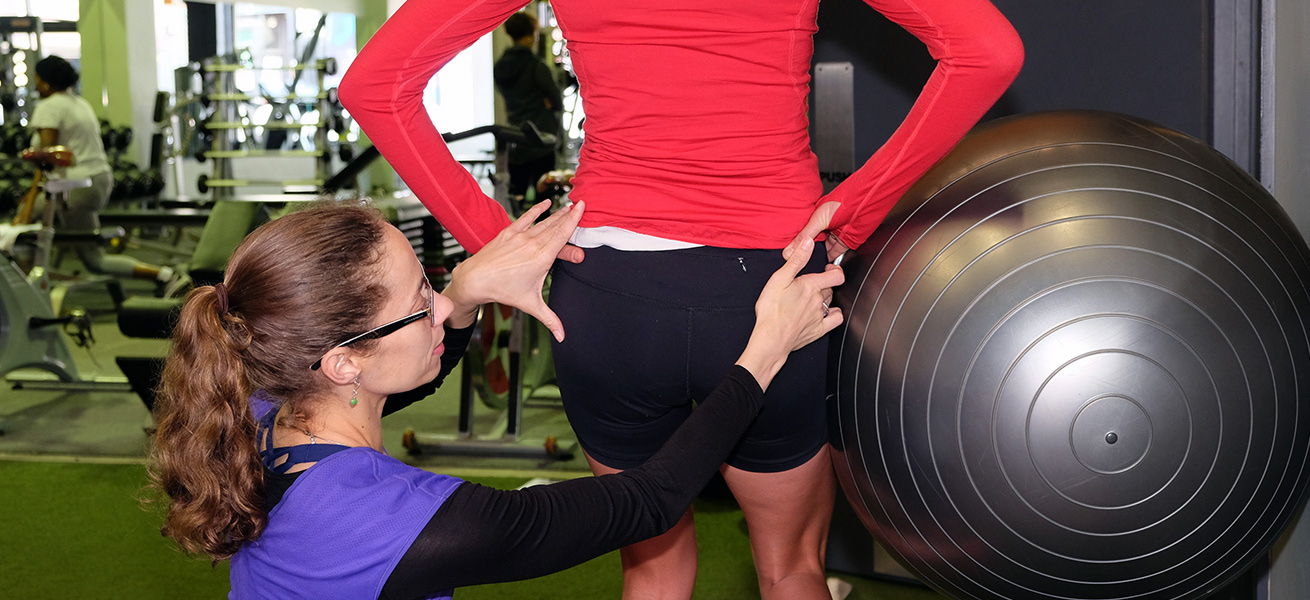EATING DISORDERS AND EXERCISE: The two are connected
Exercise is often part of the complex web of an eating disorder, where individuals excessively exercise, alongside holding rigid, dysfunctional beliefs and behaviours as part of their illness.
An obsessive dependence on exercise, similar to an addiction, can also develop within other mental health conditions such as anxiety or depression as a dysfunctional coping strategy.
In both types of exercise dependence, individuals will typically exercise beyond a reasonable level, be regimented and inflexible in their approach to exercise, and struggle to reduce their exercise if sick or injured. Perfectionism and obsessive traits can also affect their vision of themselves, their bodies, and their health.
My specialist work with dancers, athletes, and similar high-achieving professionals has allowed me to practise in this relatively unheralded field where eating disorders and problem exercise overlap. As an Accredited Exercise Physiologist with an Advanced Diploma of Pilates Movement Therapy and a Masters degree in strength and conditioning, my clients know that I bring a compassionate understanding to this complex and intricate area of health.
What you can expect
My sole objective is to guide and help clients find their own safe, healthy, and appropriate exercise at their own pace. If you or someone you know needs advice in this area, this is what you can expect from me:
- An initial, confidential consultation to discuss your health, fitness, and exercise history
- A broad-ranging discussion of your attitudes, beliefs, and relationship to different types of exercise
- A sympathetic examination of your approach to mood and exercise, and the role they might play in mitigating anxiety and depression
- A reassuring discussion on concerns you may have around reducing your exercise
- Liaison with your health and medical professionals.




